By 2024, up to 80% of online consumers will rate e-commerce as having a negative or very negative impact on the environment.
The information was given at the workshop "Developing e-commerce associated with environmental protection" organized by the Vietnam E-commerce Association (VECOM) in coordination with the University of Transport Technology on the afternoon of December 10, in Hanoi .
Plastic waste from e-commerce sector could reach 800 thousand tons
Over the past three decades, e-commerce has grown rapidly worldwide, making an important contribution to socio -economic development and economic integration. However, there is much evidence that the more e-commerce grows, the more negative its impact on the environment, especially the disposal of large amounts of packaging and plastic waste.
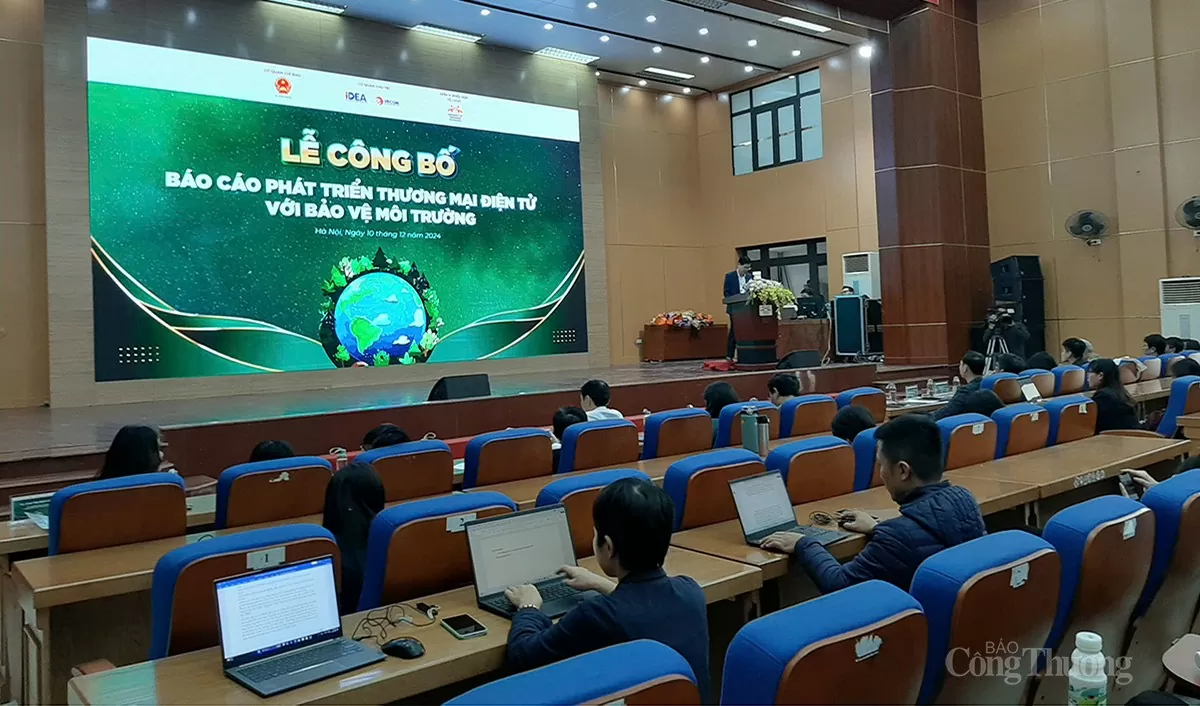 |
| Announcement Ceremony of the Report on E-commerce Development with Environmental Protection |
In Vietnam, by 2015 e-commerce had become popular but its scale had only reached about 4 billion USD. Since 2016, the growth rate of e-commerce in our country has increased rapidly. According to the Vietnam E-commerce Association (VECOM), the scale of this sector in 2024 will reach about 31 billion USD, of which online retail sales will be over 20 billion USD. VECOM predicts that in 2025 the scale of e-commerce will reach nearly 40 billion USD and will reach about 100 billion USD by 2030.
However, since 2019, Vietnam's e-commerce has revealed unsustainable factors. In particular, the boom of e-commerce during the Covid-19 pandemic has clearly revealed negative impacts on the environment. Based on that reality, VECOM has proposed a sustainable e-commerce development strategy with two top goals: maintaining rapid growth and reducing the negative impact of this sector on the environment.
Vietnam is facing many risks from plastic waste. The amount of plastic waste in 2014 was about 1.8 million tons, in 2016 about 2.0 million tons. According to the "Report on plastic waste generation in 2022" of the World Wide Fund for Nature (WWF), the volume of plastic waste continues to increase rapidly, from 2.7 million tons in 2018 to 2.93 million tons in 2021. Of which, plastic bags account for 45 - 63%, followed by single-use plastics ranging from 12 - 26% of plastic waste in localities.
The rapid growth of e-commerce, including online retail and food delivery in recent years, has had an additional negative impact on the environment. E-commerce uses a lot of packaging and plastic materials, but the collection, recycling and reuse rates are still very low.
According to WWF Vietnam, in 2023, e-commerce in Vietnam will use 332 thousand tons of packaging, of which the volume of plastic packaging of all kinds will be 171 thousand tons. By 2030, when the scale of e-commerce in our country reaches nearly 100 billion USD, if there are no strong solutions for packaging goods, the amount of plastic waste from this sector will reach 800 thousand tons.
Sharing the E-commerce Development with Environmental Protection Report by VECOM, which surveyed the online shopping behavior of thousands of consumers, focusing on Generation Z and synthesizing the activities of agencies, organizations as well as policies and laws on trade and environment , Mr. Doan Quoc Tam - Head of VECOM Cooperation Department - said that in 2024, up to 80% of online consumers rated e-commerce as having a negative or very negative impact on the environment, 21% said that e-commerce has a worse impact on the environment than traditional commerce. Many customers have not yet chosen environmentally friendly solutions provided on e-commerce platforms or sales websites because they have to pay more.
Regarding solutions for environmentally friendly e-commerce, 79% of online customers believe that the State should quickly issue and disseminate policies and laws on environmental protection in e-commerce, 71% suggest that businesses and online merchants should publicize environmentally friendly options to make it easier for customers to make decisions. Meanwhile, 61% of consumers suggest the need for forms of propaganda to raise environmental awareness among online shoppers.
5 proposed solutions
At the workshop, Mr. Nguyen Thanh Hung - VECOM Advisory Council also proposed a number of policies and solutions to promote e-commerce development associated with environmental protection.
First , the state needs to carry out quantitative statistics on the negative impacts of e-commerce on the environment.
Second , quickly integrate environmental protection content into policies and laws on e-commerce, logistics and postal services.
Third , the state management agency for e-commerce is the leading unit, coordinating with state management agencies for digital economy, environment and communication, organizing communication activities on environmental protection in online business. Focus on promoting corporate social responsibility, linking environmental protection with business image and reputation and attracting smart consumers. Businesses need to assess the risks of customers turning away when they are indifferent to environmental protection responsibilities.
Fourth , businesses involved in online business need to learn and implement the WWF-Vietnam Green E-commerce Criteria and circular economy in the e-commerce sector.
Fifth , training on green e-commerce at universities is a necessary solution for sustainable development. According to VECOM's 2023 E-commerce Training Report at Universities, there are dozens of universities training bachelors in e-commerce, logistics and supply chain management and Environmental Science. In addition to the initiative of the schools, in the period of 2026 - 2030, the Ministry of Industry and Trade in coordination with the Ministry of Education and Training needs to deploy activities to support these schools in developing training programs with modules on green e-commerce.
On the school side, Dr. Nguyen Manh Hung - Vice Principal of the University of Transport and Information Technology, the growth rate of Vietnam's e-commerce is the fastest in the ASEAN region, among the highest in the world, this shows the great potential that this field brings, contributing positively to promoting the recovery and development of our country's economy.
However, along with the remarkable benefits, we also face many challenges, especially in terms of the environment. The strong growth of e-commerce has led to an increase in the use of plastic packaging, waste from orders and emissions from shipping activities.
"We are committed to continuing to be a reliable address in training human resources, pioneering in researching environmentally friendly technological solutions. We not only train students professionally but also inspire their will and sense of responsibility to become "green citizens" in the future," said Mr. Nguyen Manh Hung.
Source: https://congthuong.vn/80-nguoi-tieu-dung-truc-tuyen-danh-gia-thuong-mai-dien-tu-gay-ra-tac-dong-xau-toi-moi-truong-363571.html





![[Photo] The 5th Patriotic Emulation Congress of the Central Inspection Commission](https://vphoto.vietnam.vn/thumb/1200x675/vietnam/resource/IMAGE/2025/10/27/1761566862838_ndo_br_1-1858-jpg.webp)


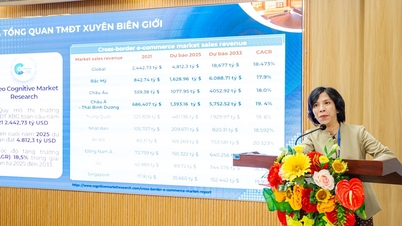

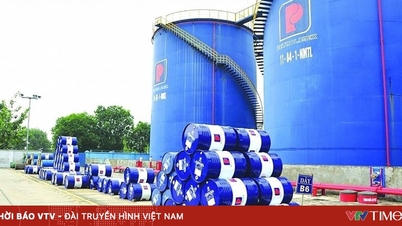



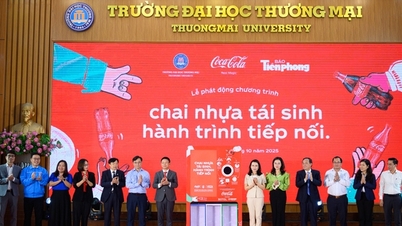

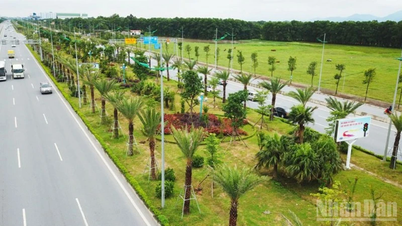

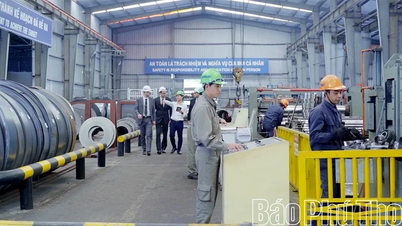



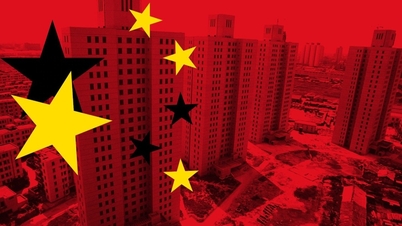


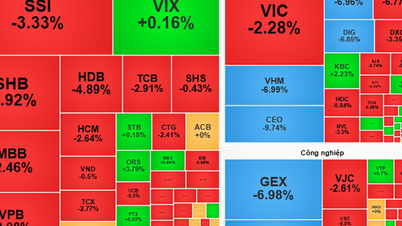


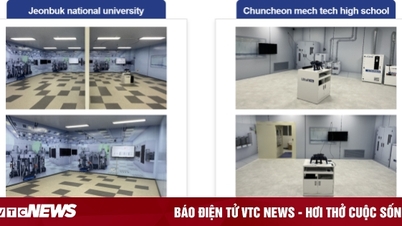












![[Photo] Party Committees of Central Party agencies summarize the implementation of Resolution No. 18-NQ/TW and the direction of the Party Congress](https://vphoto.vietnam.vn/thumb/1200x675/vietnam/resource/IMAGE/2025/10/27/1761545645968_ndo_br_1-jpg.webp)
![[Photo] National Assembly Chairman Tran Thanh Man receives Chairman of the House of Representatives of Uzbekistan Nuriddin Ismoilov](https://vphoto.vietnam.vn/thumb/1200x675/vietnam/resource/IMAGE/2025/10/27/1761542647910_bnd-2610-jpg.webp)























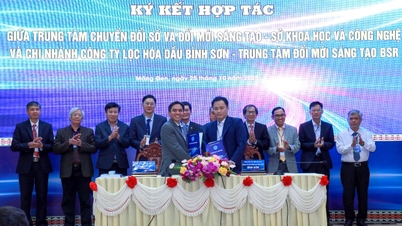
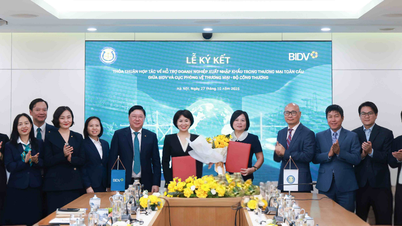














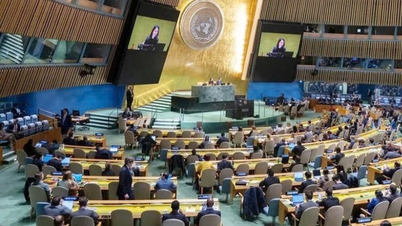





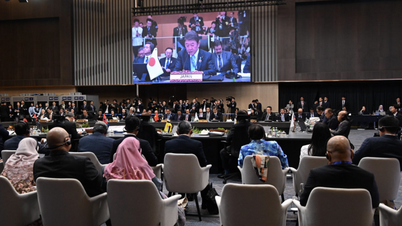


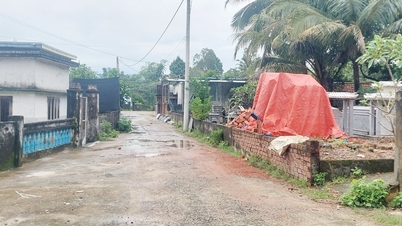
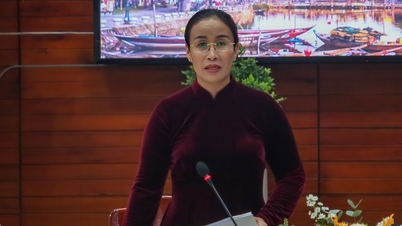

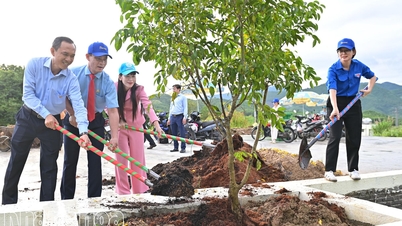

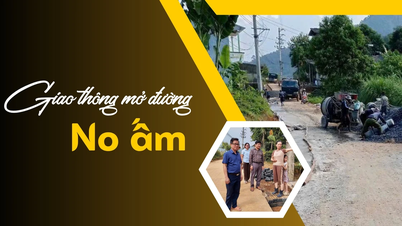
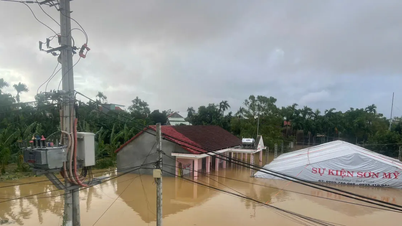

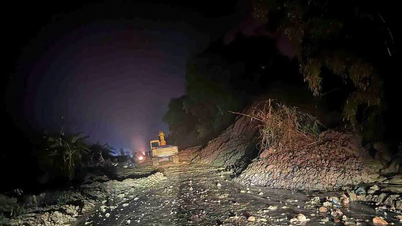
















Comment (0)